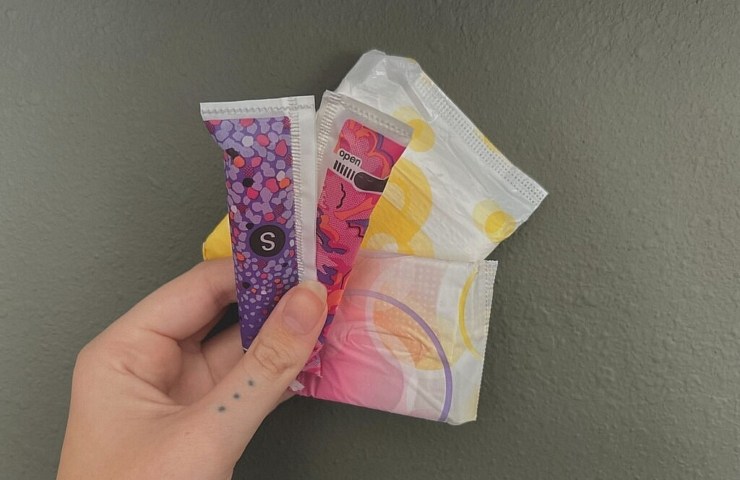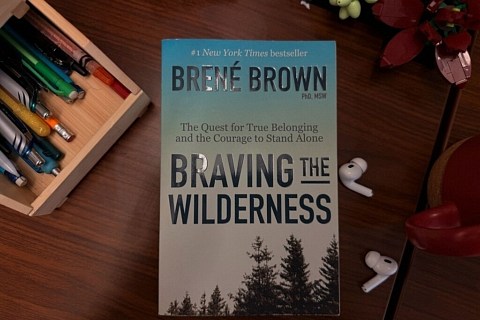Photo by: Sydney Rose
For the first time period products were tested using expired human-packed red blood cells this year. The study was published in the BMJ Sexual & Reproductive Health journal.
Despite the numerous ways the world shows women that it’s not designed to suit them, I remain surprised at how far behind we truly are in scientific research and advancements specifically geared toward women.
Up until recently, saline was used to test period product absorption. Saline is a mixture of water and salt, which is a completely different quantity than the substance found while mensurating.
Just like all the important news, I found out about this research from TikTok. At first, I thought it was misinformation. There is no way that period products have been tested using a water-like substance. I looked up the journal article linked in the comments and was proven wrong. It was absolutely true.
It wasn’t until, this year, 2023 that researchers found out the way doctors have been diagnosing heavy bleeding has been inaccurate.
“Heavy menstrual bleeding affects up to one-third of menstruating individuals and has a negative impact on quality of life,” said journal authors Emma DeLoughery, Alyssa Colwill, Alison Edelman and Bethany Bannow in the abstract. “The diagnosis of heavy menstrual bleeding is based primarily on history taking, which is highly dependent on traditional disposable menstrual products such as pads and tampons.”
This research will be helpful in diagnosing many individuals going forward.
“I think it’s incredibly important that research is utilizing blood to better understand the effectiveness of period products,” said Women and Gender Resource Center director Laura Zavala-Membreno. “Menstruating individuals deserve accurate information to help them make healthy, informed decisions about their lives.”
However, this research is also a glaring example of how issues related to menstruation are neglected in the scientific community.
“Often times women are discredited in medicine. Unfortunately, the lack of proper testing surrounding period products is just another example of this,” said geology senior Bailey Hodakevic.
A PubMed search for the word “mensuration” yielded less than 1,000 publications between 1941 and 1950. It has had a steady increase of up to 33,771 results today.
The word “menstrual blood” yielded only one publication between 1941 and 1950 and has 24,093 results today.
In contrast, a PubMed search for the words “peripheral blood” and “semen” yielded 367,398 and 49,612 results respectively.
“It is great to see steps in the right direction, and better late than never,” Hodakevic said. “But it is incredibly disheartening that progress is being made so late in the game.”





Recent Comments